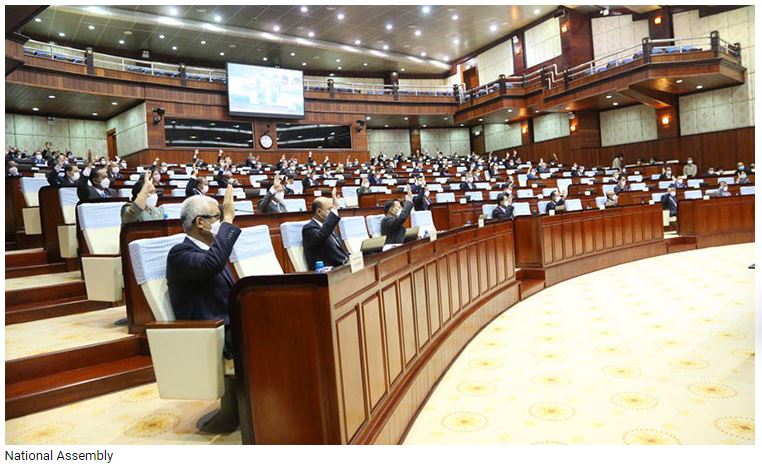Cambodia: Questions remain over the country’s new competition law
Cambodia’s much-anticipated anti-trust legislation was signed into law by the King on October 5 and came into force the next day but there’s still some confusion about how it will be enforced. That’s because the principal regulator. the Cambodia Competition Commission (CCC) has not yet been appointed. Without this key position filled it is unclear how the law will be enforced. The CCC will be led by the Commerce Ministry with the contribution of other government ministries.
At the first business seminar on the topic organised by the European Chamber of Commerce in Cambodia, Executive Director Denis Sainte-Marie said a survey of members this year showed that their third biggest concern was unfair competition.
“It is important that this new law develops as a tool for creating a level playing field between all businesses in Cambodia but it has to be applied to everyone,” he said.
“We must in this respect be vigilant that it does not further increase the gap between legally compliant and non-compliant companies but the opposite, to contribute to decreasing the footprint of the grey economy in this country.”
The Competition Law is composed of seven chapters and 41 articles. Its aim is to promote fair business dealings, increase economic efficiency, help new businesses, protect the economy from anti-competitive business practices and give consumers a greater choice of quality goods at reasonable prices.
As member of World Trade Organization, Cambodia has to offer an open market for trade and enact a fair comp law. ASEAN also pledged that all its members would draw up anti competition laws and Cambodia is the last country to do so.
The Commerce Ministry began working on the law in 2006 but had to deal with many complex issues in order to make it meet international standards.
“The increase of competition not only provides consumers goods and services with a number of choices, higher quality and cheaper prices but also promotes productivity and innovation, which are the key elements contributing to national economic growth,” said Phan Oun, Director-General of the Consumer Protection Competition and Fraud Repression Directorate-General, at the Ministry of Commerce.
The team who drafted the sub decree on the CCC is at its second stage and will meet with the Commerce Minister of December 8. Commerce Minister Pann Sorasak will chair the CCC, helped by representatives of relevant ministries.
It will also have an independent commission consisting of a former judge, two individuals with deep knowledge of business and two with economic experience.
The commission will be able to meet to deal quickly with problems without having to involve the Commerce Minister and other government representatives to decide on the case.
Law breakers face a range of penalties, including written warnings, suspension of business licenses, fines and prison sentences of up to two years.
The fine may be as high as 10 percent of the company’s total annual turnover for three years up to $500,000. The Competition Commission also has the power to sell some of the company’s shares or assets.
The law applies to any individual or company that is considered to have adopted anti-competitive practices, with the exception of state-owned enterprises, which are covered by a different law.
Source: https://www.khmertimeskh.com/50984323/questions-remain-over-the-countrys-new-competition-law/


 English
English




